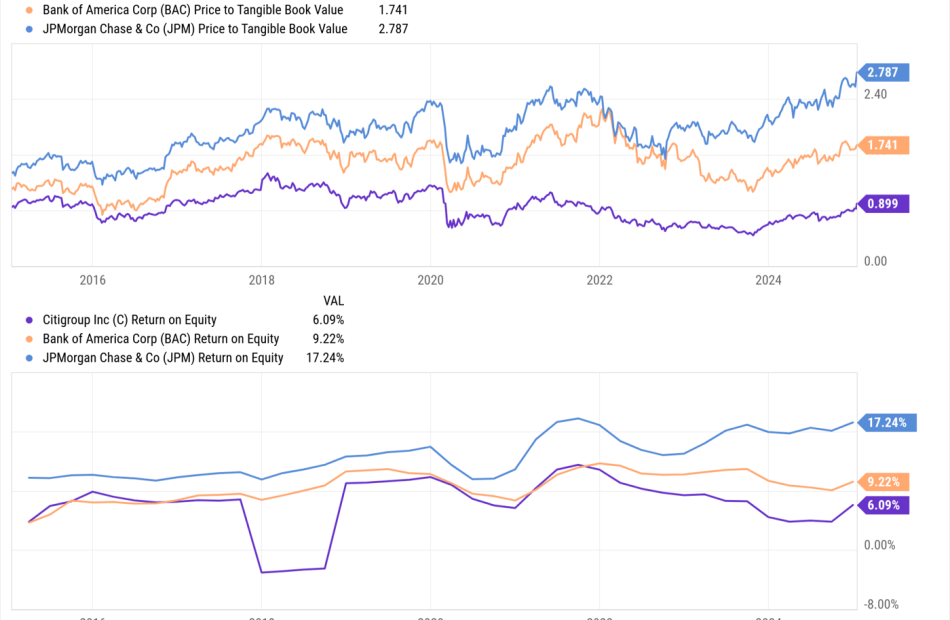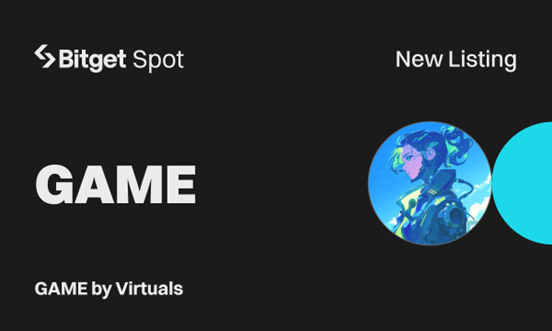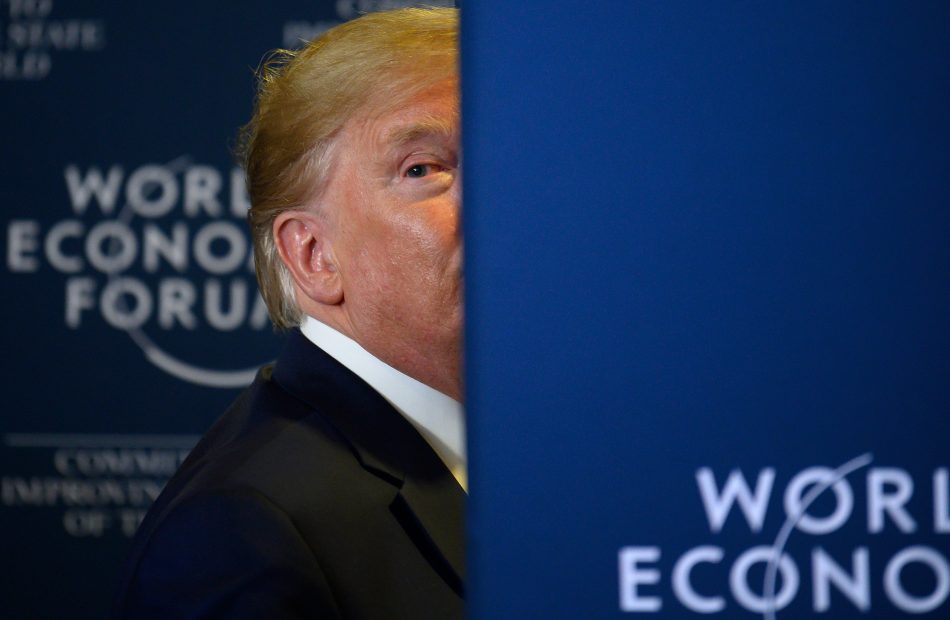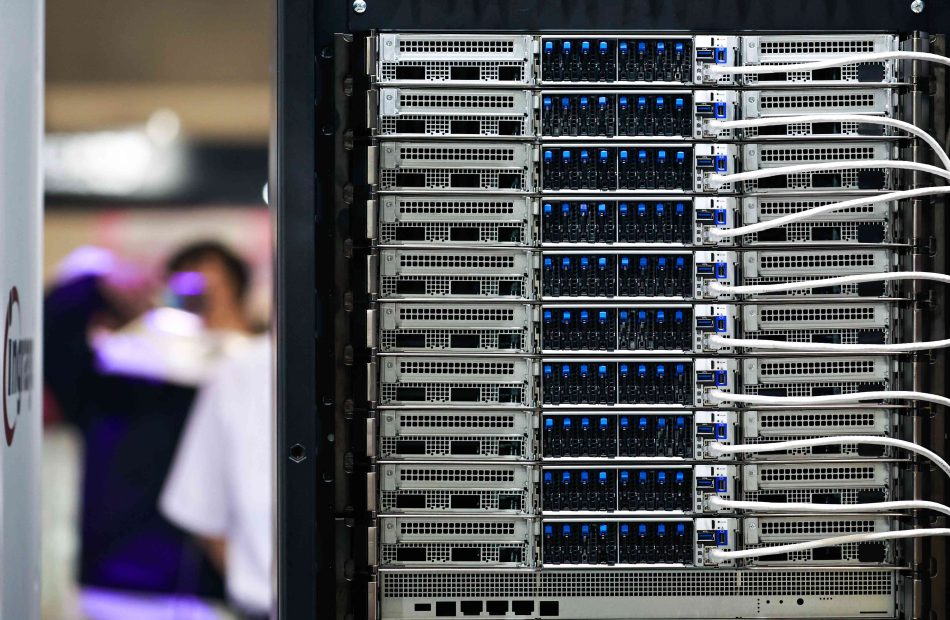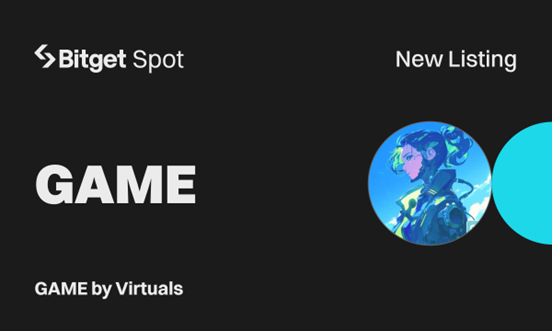
VICTORIA, Seychelles, Jan. 20, 2025 (GLOBE NEWSWIRE) — Bitget, the leading cryptocurrency exchange and Web3 company has listed GAME by Virtuals(GAME, a modular and plug-and-play agentic framework. Trading for GAME/USDT has started, with deposits and withdrawals available.
GAME by Virtuals is AI agent development framework powered by the Virtuals Protocol that allows developers to easily create autonomous agents and facilitates the agentic economy. By using GAME, developers can quickly build modular, autonomous AI agents, and get access to the infrastructure that enables their agents to make decisions and act autonomously across various environments, such as gaming, entertainment, and social media platforms. Additionally, GAME enables agents to refine their knowledge and improve their planning and performance over time by continuously evaluating the outcomes of actions and conversations.
Bitget has launched an exclusive campaign called CandyBomb, offering users a chance to receive a share of 424,000 GAME tokens. The promotional event, running from 20 January 2025, 11:00 (UTC) to 27 January 2025, 11:00 (UTC), invites participants to join through the CandyBomb page and accrue tokens based on GAME net deposits, spot trading volumes and futures trading volumes.
This initiative highlights Bitget’s efforts to engage its user base through interactive promotions and reward mechanisms, enhancing the trading experience for its community. The GAME listing further enriches the portfolio of assets available in the Innovation and AI Zone, aligning with the growing demand for advanced AI agents.
Bitget continues to expand its offerings, positioning itself as a leading platform for cryptocurrency trading. The exchange has established a reputation for innovative solutions that empower users to explore crypto within a secure CeDeFi ecosystem. With an extensive selection of over 800 cryptocurrency pairs and a commitment to broaden its offerings to more than 900 trading pairs, Bitget connects users to various ecosystems, including Bitcoin, Ethereum, Solana, Base, and TON.
For more details on GAME by Virtuals (GAME), visit here.
About Bitget
Established in 2018, Bitget is the world’s leading cryptocurrency exchange and Web3 company. Serving over 45 million users in 150+ countries and regions, the Bitget exchange is committed to helping users trade smarter with its pioneering copy trading feature and other trading solutions, while offering real-time access to Bitcoin price, Ethereum price, and other cryptocurrency prices. Formerly known as BitKeep, Bitget Wallet is a world-class multi-chain crypto wallet that offers an array of comprehensive Web3 solutions and features including wallet functionality, token swap, NFT Marketplace, DApp browser, and more.
Bitget is at the forefront of driving crypto adoption through strategic partnerships, such as its role as the Official Crypto Partner of the World’s Top Football League, LALIGA, in EASTERN, SEA and LATAM market, as well as a global partner of Turkish National athletes Buse Tosun Çavuşoğlu (Wrestling world champion), Samet Gümüş (Boxing gold medalist) and İlkin Aydın (Volleyball national team), to inspire the global community to embrace the future of cryptocurrency.
For more information, visit: Website | Twitter | Telegram | LinkedIn | Discord | Bitget Wallet
For media inquiries, please contact: media@bitget.com
Risk Warning: Digital asset prices are subject to fluctuation and may experience significant volatility. Investors are advised to only allocate funds they can afford to lose. The value of any investment may be impacted, and there is a possibility that financial objectives may not be met, nor the principal investment recovered. Independent financial advice should always be sought, and personal financial experience and standing carefully considered. Past performance is not a reliable indicator of future results. Bitget accepts no liability for any potential losses incurred. Nothing contained herein should be construed as financial advice. For further information, please refer to our Terms of Use.
A photo accompanying this announcement is available at https://www.globenewswire.com/NewsRoom/AttachmentNg/5cbf8c05-aa13-4fe0-a9bc-fa820bb8ff3c

Market News and Data brought to you by Benzinga APIs
© 2025 Benzinga.com. Benzinga does not provide investment advice. All rights reserved.



